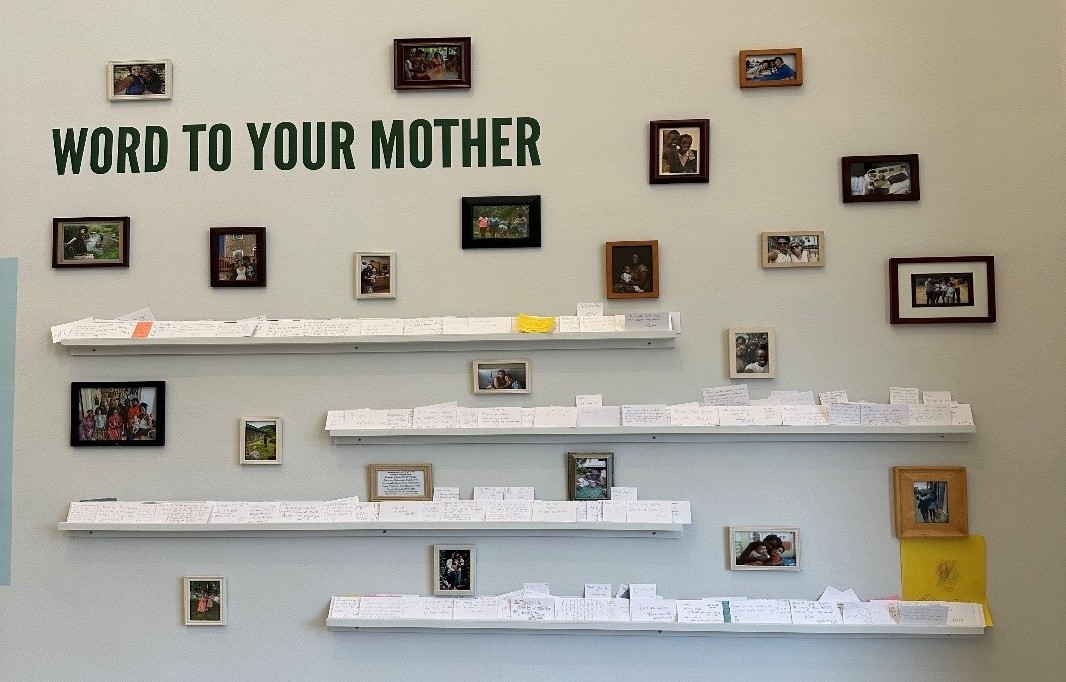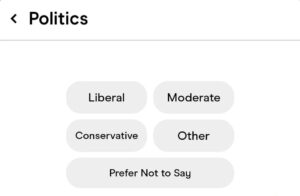On Wednesday, the Chicago Defender published its last weekly paper edition, marking a new chapter of the 114-year staple of African American news in Chicago.
“For me, change is inevitable,” said Dyanna Knight Lewis, vice president of the Chicago Defender. “So it’s just the next level move to keep us relevant and keep the Chicago Defender brand and we’re not going anywhere; we’re still here.”
The Chicago Defender announced last week that it would be cutting back on its printed edition, following the lead of many other newspapers across the country that have gone fully digital. This trend is often due to a decline in paper subscriptions intersecting with higher printing costs and an attempt to reach a wider audience.
Some have expressed concerns that this switch will not only alienate older audiences but also limit access to news for low-income families that cannot afford internet availability. At the same time, others argue that going digital may reach an audience that would have been more difficult to attract with a print paper.
The Rev. Jesse L. Jackson, 77, founder of the Rainbow PUSH Coalition, described the change as “a painful transition from such a glorious past to hopefully a brighter future.” Jackson said that during the Great Migration from the southern United States to northern cities, many black people “came to Chicago as refugees because of the extreme terror in the south.” Jackson credited the Defender for documenting the horror of life in some southern communities and the journey of African Americans northward, but also the daily life, victories, and celebrations that were not typically covered in the mainstream press.

Don Terry, now the communications director at Rainbow PUSH, worked at the Chicago Defender in the early 1980s. Terry said that the Defender has lost relevancy over the years. When he worked there in the 80s, the paper was already no longer as vital as it was earlier in the century when it was used to help encourage black residents to move North, and when it could be a crime in some southern communities just to possess a copy of the paper.
“The Defender has fallen on hard times. This may help them stay in the business a little longer,” Terry said, referring to the transition to digital. “But if they don’t have reporters, if they don’t have content, it’s just a delaying tactic for them to close up early.”
To compete in the digital era, the Defender needs a sense of mission with in-depth storytelling and data-driven journalism, Terry said.
R’riyon Draine is an administrative intern for the Defender. “Being that I’m a 16-year-old black female, like, it’s important to know that my story is being told, and I don’t feel like it’s being told the right way if it’s from anyone other than black people. I feel like the Defender being this outlook and this voice for the black community, it’s so important to have, especially growing up as a black female in a world that isn’t really made for you. I feel comfortable knowing this voice is here.”
Dyanna Knight Lewis agrees. “For me, the Chicago Defender newspaper is a very personal brand to me,” she said.
While some people are sad and uncertain about the Defender’s change, the employees at the Defender seem confident in their decision.
“We are the voice of the African American community,” Knight Lewis affirmed. “If we don’t tell our story, who else will tell our story?”







Be First to Comment